Academic year 2023/24
Core Module Courses
Area
Knowledge Entrepreneurship
- face-to-face: students attend on campus
- hybrid: T4EU students attend online, home students attend on campus
- blended: the course is largely online (for all students), but there may be face-to-face elements, for instance for project work, at the mobility week or a final exam
- basic course (BC): knowledge in area of expertise
- application course (AC): students apply knowledge to gain experience and generate societal transformative impact in limited scope
subject title
Knowledge Entrepreneurship
Our society faces challenges of a magnitude and variety rarely seen before. New technologies, pollution, migration patterns, to just name a few, result in increasing pressure to transform present business models, structures and processes to meet these challenges. Within the disciplines’ innovation management and entrepreneurship, many strategies and instruments were developed to design products, services, processes and structures to realize novel ideas and enable change. Still, in the face of ecological, social and digital transformation, the respective models and instruments appear to fall short in enacting change, appropriate to the speed and significance of our challenges. One answer for the call of an adapted approach is knowledge entrepreneurship. The new concept aims to empower individuals to seek and implement transformational change. The lecture introduces state of the art innovation adoption models and innovation barriers. Subsequently, participants learn more about the concept of knowledge entrepreneurship and several strategies, which are developed and tested for the purpose of striving for transformation, are scrutinized.
This course is intended for Master students or students within certification programs such as the Europaicum/Transform4Europe.
For further information, please see: https://www.uni-saarland.de/lehrstuhl/schnellbaecher/lehre/master-vorlesungen/knowledge-entrepreneurship.html.
Saarland University | ECTS: 3 | BC | Modality: online | Language: English
Start date: Apply now for the next intake and kick-off session on 9 January 2024, individual appointment thereafter
subject title
EurIdentity Basic Module: Foundations of Europe
This course is an E-Learning-Module with 6 ECTS. Students will study online by themselves with video content, self study material and reading lists. 12 topics on Europe and the EU are virtually lectured by professors. The course will be held via the learning platform OpenOLAT. There will be an online kickoff meeting in November to start the course and answer your questions. Content and Structure:
Part I European Values and Identities
- Identity Politics and Representation
- Sociology of Religious and Philosophical Pluralisms
- Rule of Law and Fundamental Rights in Europe
- European Economic and Social History
- History of Public Power in Europe
- Art Trends in Europe
- Challenges and Strategies of Climate Change Action
- European Labor Market
Part II: European Challenges and Actors
- Actors and Decision-making Processes in Europe
- The Economic Dimensions of Europe
- European Geopolitical Actors and Issues
- Denied Rights, not Accepted Duties in a Europe in Construction
- European Challenges and Issues
More information: https://www.uni-saarland.de/einrichtung/ceus/europaicum/eurid.html
Saarland University | ECTS: 6 | Modality: online | Language: English
Start date: November 6, 2023
For Erasmus students:




